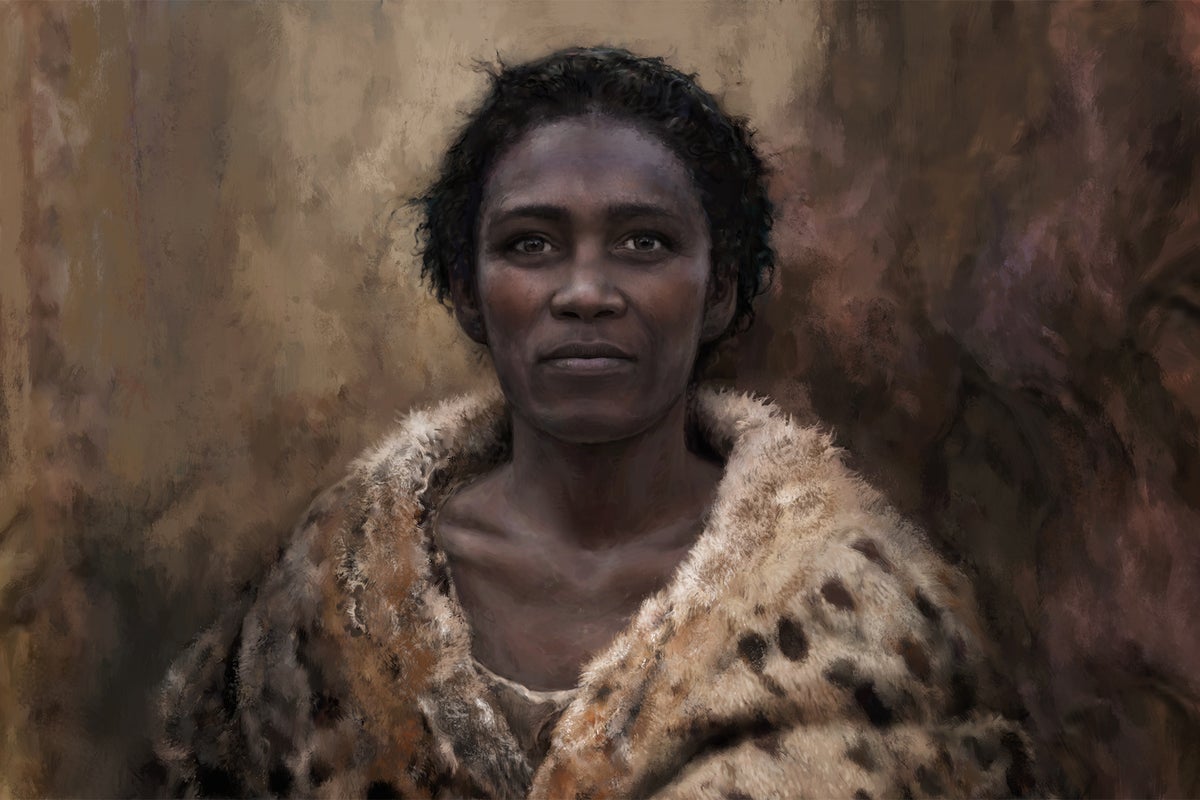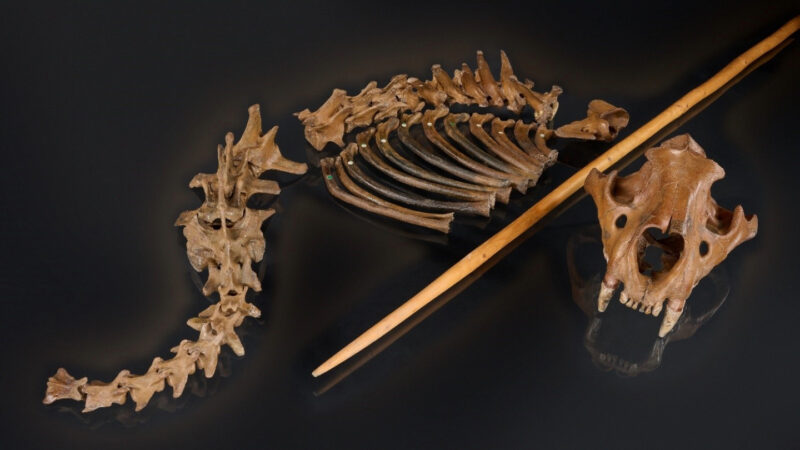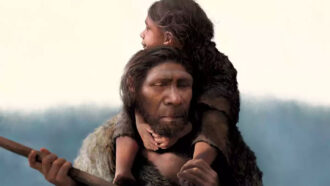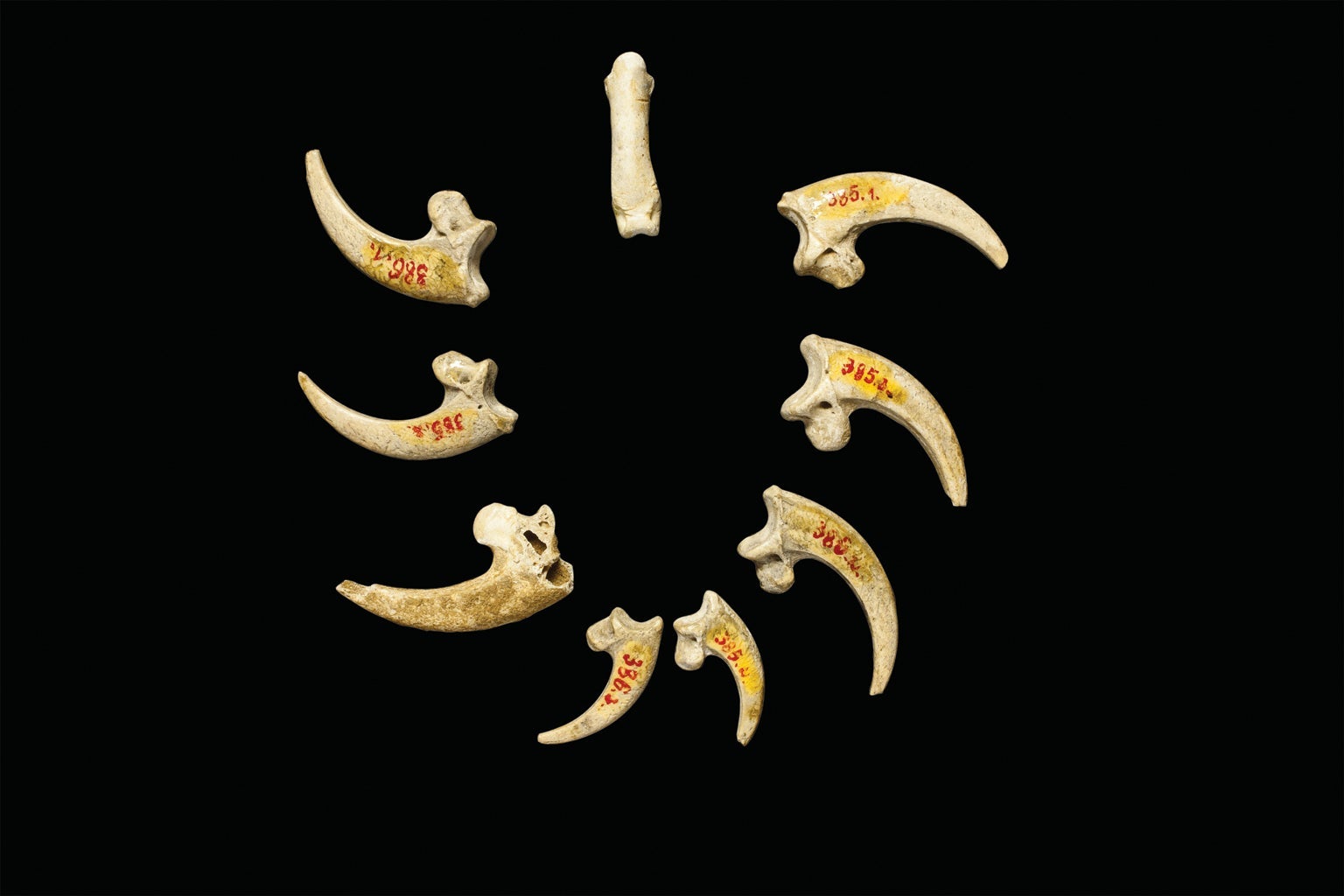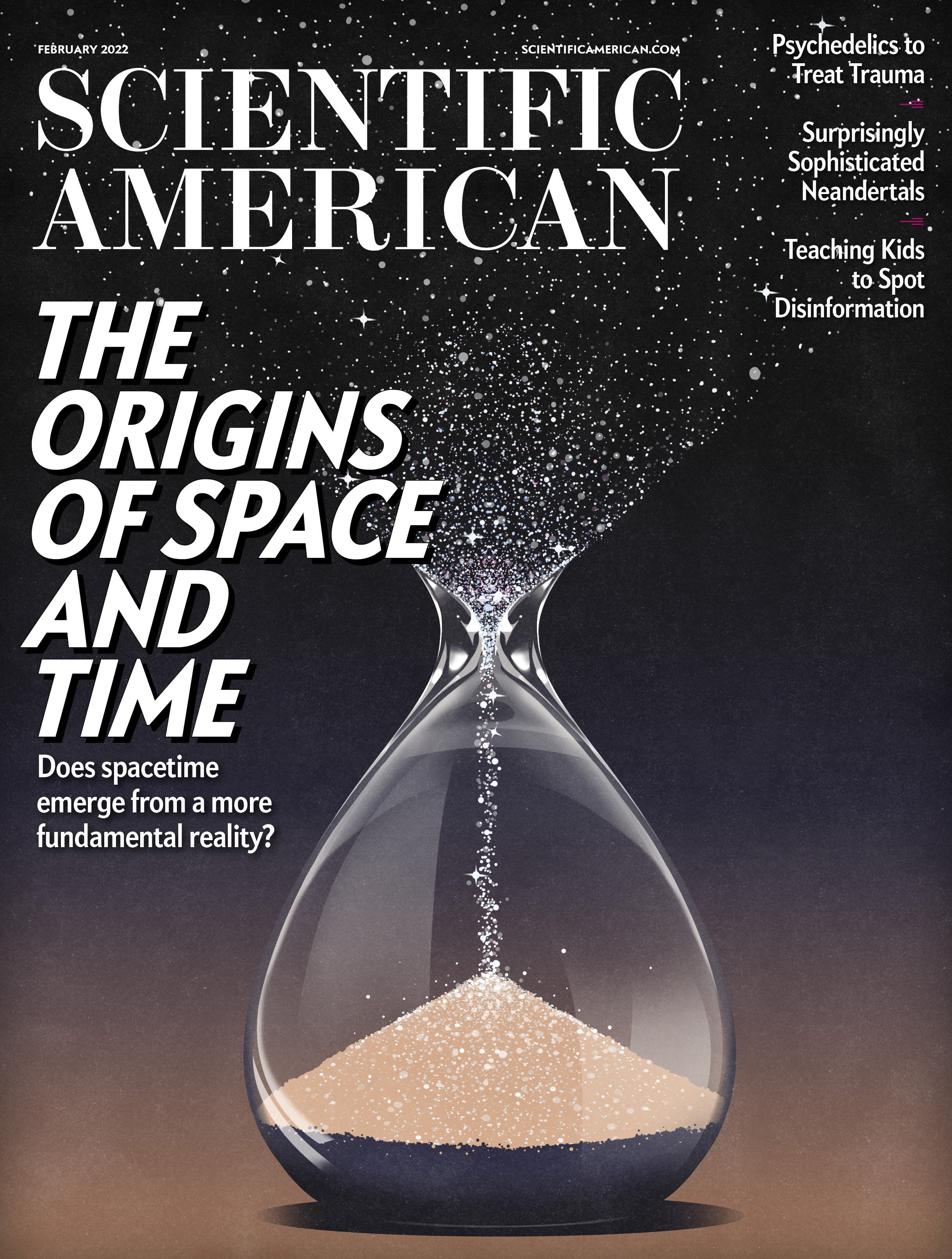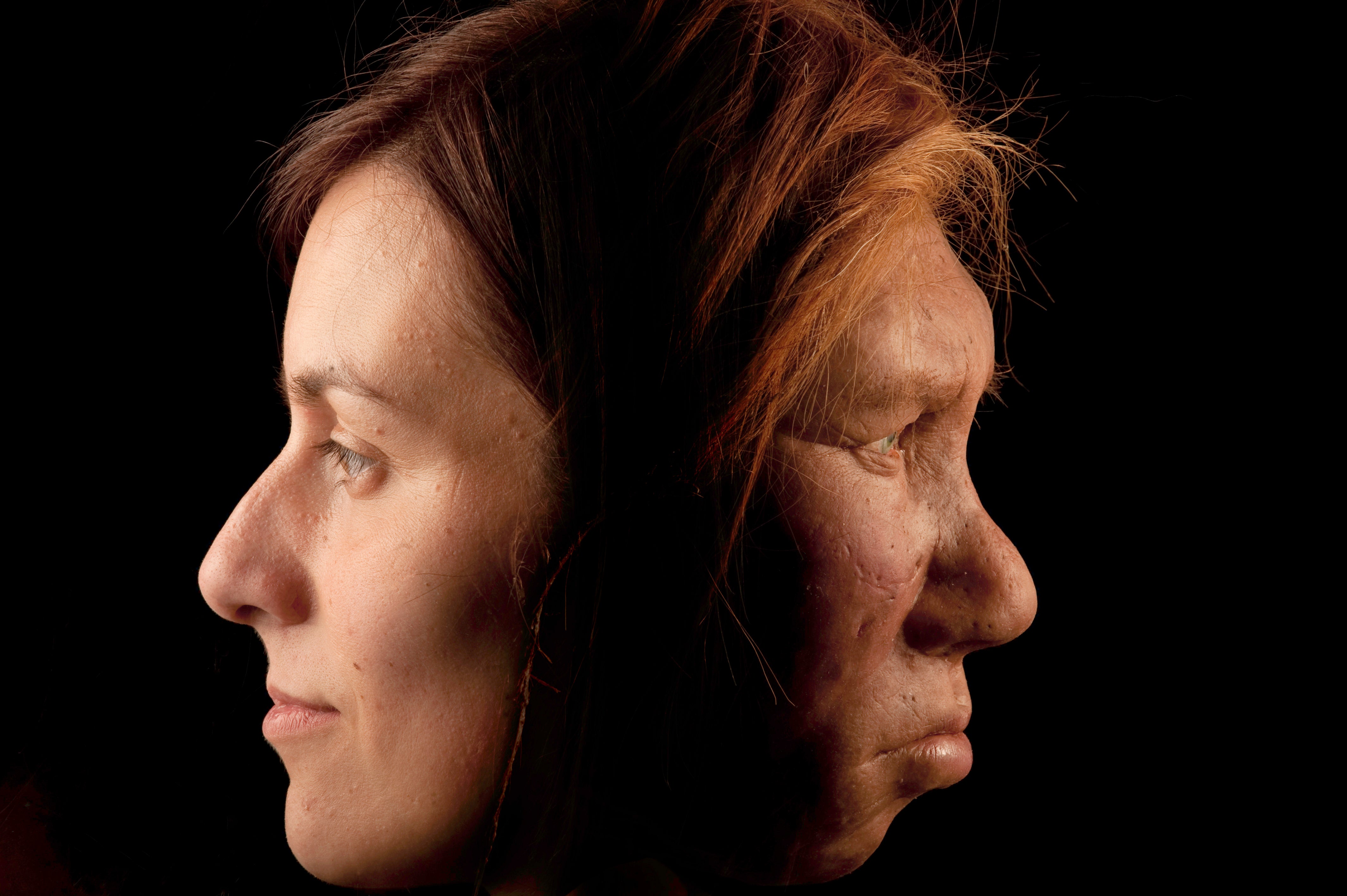
Neandertals
Neanderthals are an extinct species or subspecies of archaic humans who lived in Eurasia until about 40,000 years ago. While the "causes of Neanderthal disappearance about 40,000 years ago remain highly contested," demographic factors such as small population size, inbreeding, and random fluctuations are considered probable factors. Other scholars have proposed competitive replacement, assimilation into the modern human genome, great climatic change, disease, or a combination of these factors. It is unclear when the line of Neanderthals split from that of modern humans; studies have produced various intervals ranging from 315,000 to more than 800,000 years ago. The date of divergence of Neanderthals from their ancestor H. heidelbergensis is also unclear. The oldest potential Neanderthal bones date to 430,000 years ago, but the classification remains uncertain. Neanderthals are known from numerous fossils, especially from after 130,000 years ago.


